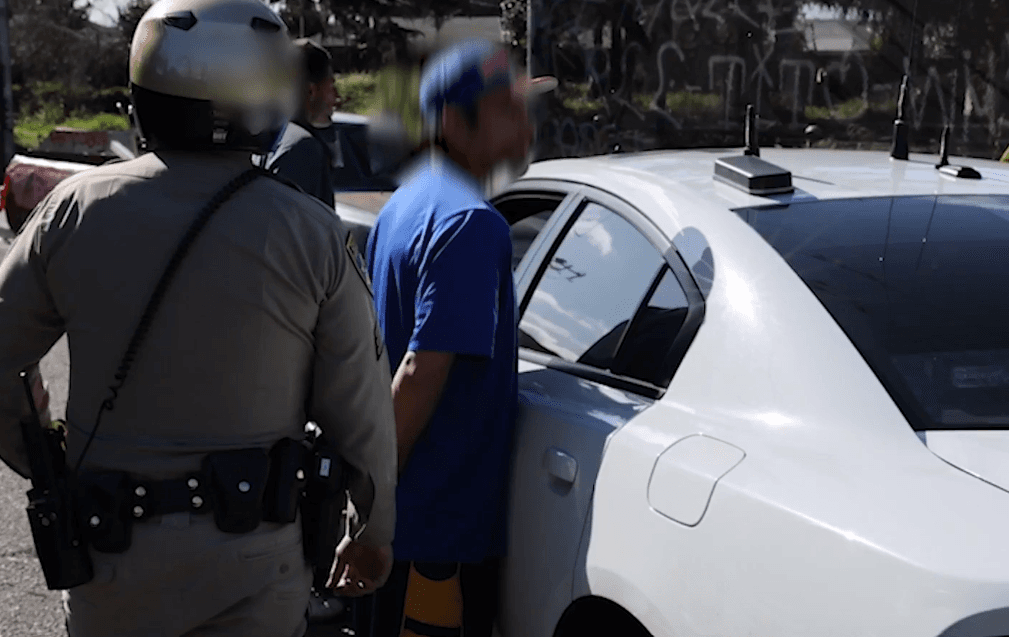California Gov. Gavin Newsom sent a letter on July 26 to officials in Oakland requesting a change to policies that prevent police from chasing suspects, following up efforts to improve public safety in the city.
“I am mindful of the sensitivities around vehicle pursuits, which can be dangerous to police, suspects, and innocent bystanders,” Newsom wrote. “But there is also extreme danger to the public in allowing criminals to act with impunity, and the reckless driving associated with sideshows and other criminal acts is a significant threat to public safety—as witnessed regularly by the public in viral videos and news coverage.”





